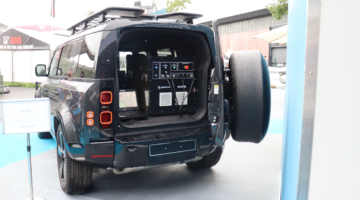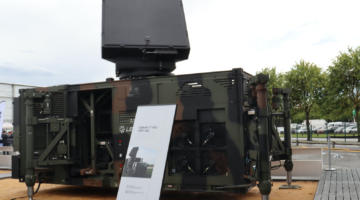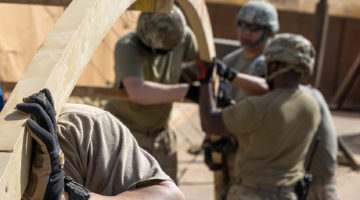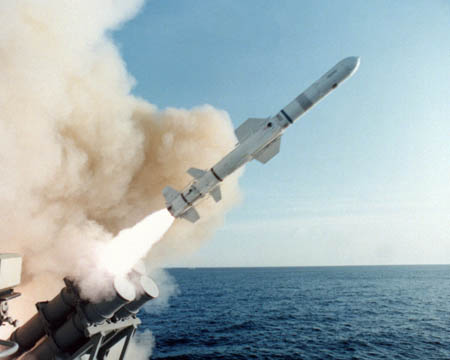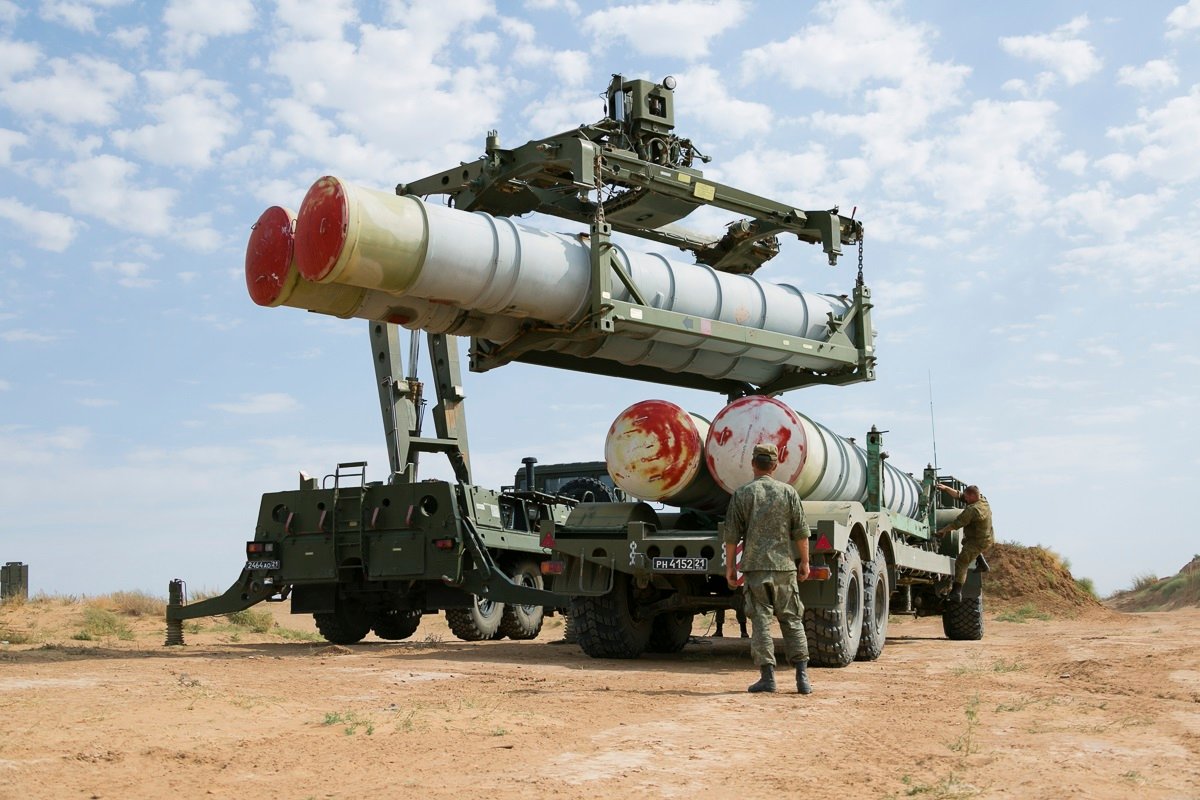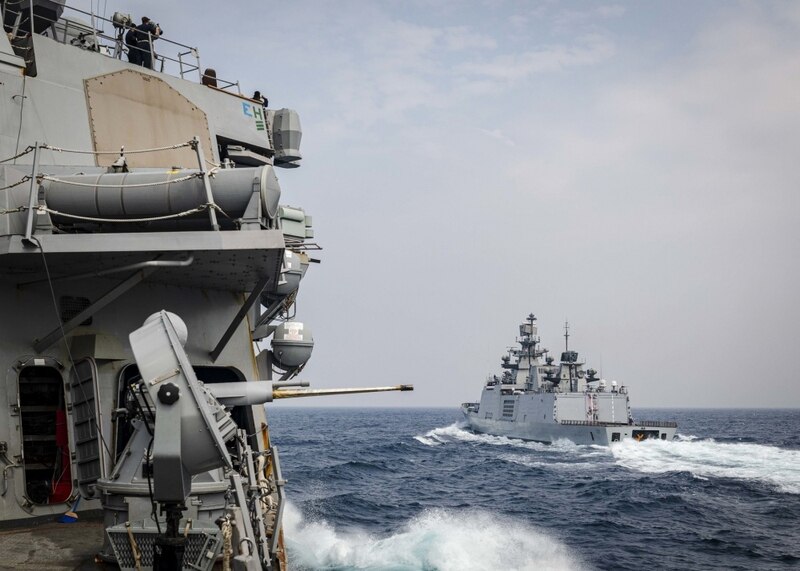Crédits photos © India Strategic
Washington / New Delhi.
The US Government has notified the Congress of a possible deal to sell 22 more Harpoon Block II anti-shipping missiles to the Indian Navy, this time for its four HDW German made Shishumar class submarines.
Pentagon’s Defense Security Cooperation Agency (DSCA), which manages the government to government Foreign Military Sales (FMS) program, said July 1 that it had notified the Congress as required by law, and that the maximum price of the deal could be $ 200 million inclusive of containers, spare and repair parts.
It was pointed out that the missile, built by Boeing, had already been sold to India for deployment on Indian Air Force’s Jaguar aircraft as well as the Boeing P8-I that India is buying.
Acquired in the mid-1980s, the submarines are apparently under upgrades. With some new systems and missiles, their lives could be extended by about 10 years by which time the Indian Navy’s new Scorpene boats built in collaboration with the French, and perhaps some more, would be operational.
IAF has a Jaguar maritime strike squadron with anti-shipping as its major role while four P8-I Long Range Maritime Reconnaissance (LRMR) – designated so by the Indian Navy – are already on duty from their southern Indian base of INS Rajali at Arkkonam. Two of them had in fact also taken part in the search for the missing Malaysian MH 370 jetliner in the area allotted to them.
India had placed an order for eight P8-Is in 2009 shortly after the Pakistani terrorists attack on Mumbai in November 2008, and of these, four have already been delivered. Two more are due in the coming weeks as per schedule.
Overall, the Indian Navy is looking for 20 to 30 of these highly sophisticated maritime surveillance aircraft. Built on a Boeing 737-800 platform with Boeing 737-900 wings for stability at low altitudes, the hybrid aircraft are designed to hunt and kill hostile submarines.
Besides the latest Harpoon Block II anti-shipping missiles, these aircraft have Raytheon’s highly sophisticated AN/APY-10 Synthetic Aperture Radar (SAR) for tracking ships, submarines and small coastal vessels even on high speed, Northrop Grumman’s Electronic Warfare Self-Protection (EWSP) suite, BAE Systems countermeasures dispenser system, Smith Aerospace’s Flight and Stores (or Weapons) Management System, and GE-SAFRAN’s powerful CFM 56-7 engines.Notably, these aircraft and their sophisticated weapons are being delivered to India just about the same time as to the US Navy.
In fact, Boeing’s then Vice President and Country Head for Boeing’s Integrated Defence Systems ( India ), Dr Vivek Lall, had described the deal as “unprecedented” as this was the first time that the US was sharing the technology developed for US armed forces with another country at the same time. The Block II Harpoons are integral to this aircraft.
Harpoon has different variants, for aircraft, ships and submarines.
In the current notified requirement for the submarine variant, India has requested 12 UGM-84L Harpoon Block II Encapsulated Missiles, 10 UTM-84L Harpoon Encapsulated Training missiles, 2 Encapsulated Harpoon certification training vehicles, containers, spare and repair parts, support and test equipment, personnel training and training equipment, publications and technical data, U.S. Government and contractor engineering and logistics support services, and other related elements of logistics support.
The estimated cost is $200 million, DSCA said in a press release. It also said that the “proposed sale of Harpoon missiles will not alter the basic military balance in the region” and “there will be no adverse impact on U.S. defense readiness as a result of this proposed sale.”
Implementation of this proposed sale will not require the assignment of any additional U.S. Government or contractor personnel to India. However, U.S. Government or contractor personnel in-country visits will be required on a temporary basis for program, technical, and management oversight and support requirements for approximately five years.
The principal contractors will be the Boeing Company in St Louis, Missouri; and Delex Systems Inc., in Vienna, Virginia.
DSCA pointed out that “in accordance with the Indian Defense Procurement Policy, a contractor may be expected to conclude offset agreements with the Government of India but no offset agreement is currently known to have been proposed in connection with this potential sale.”
Republished with permission of our partner India Strategic.

